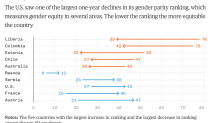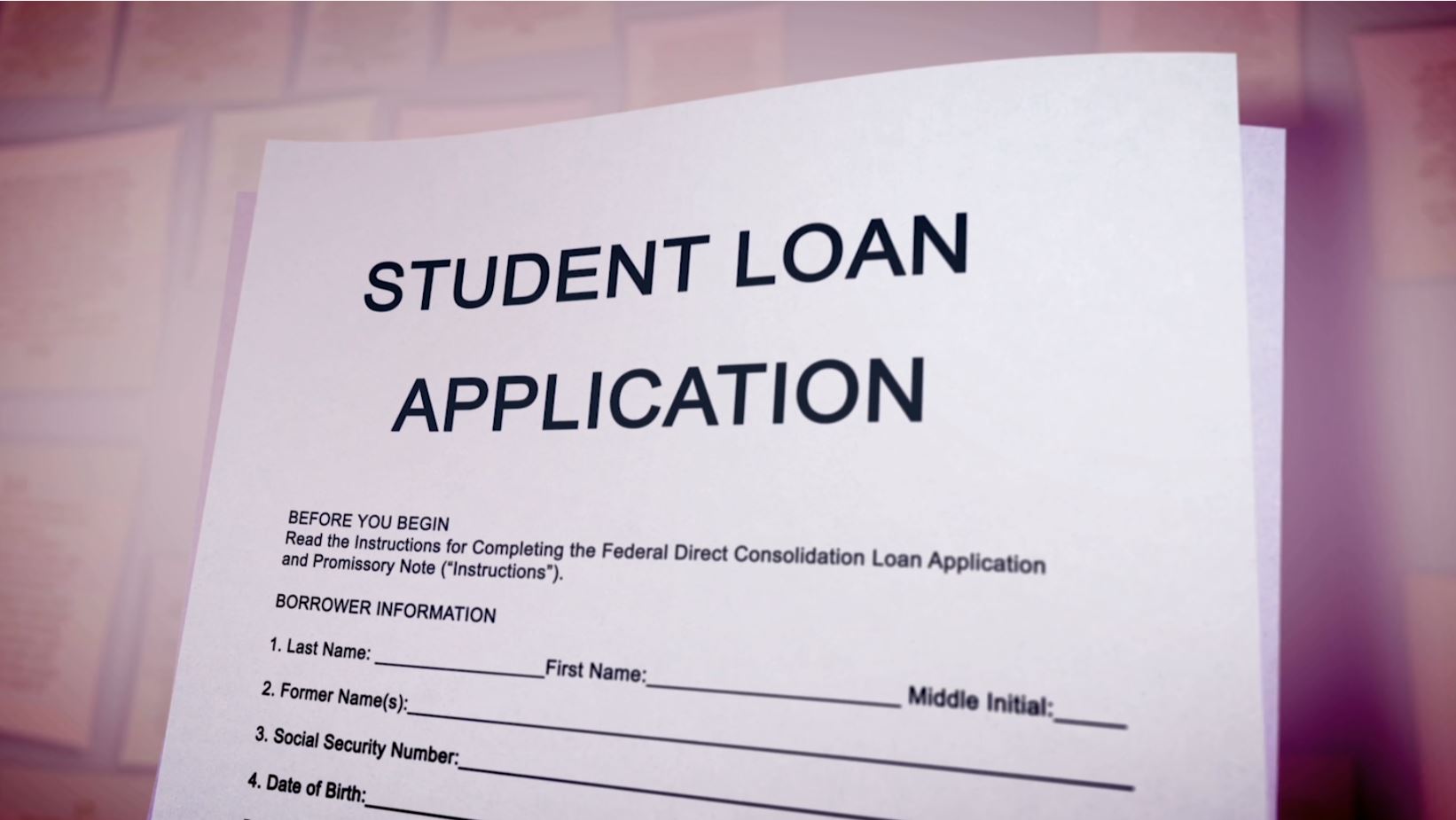Global gender parity, which was rocked by labor disruptions and other aspects of the pandemic, is back to pre-Covid levels — but the gap isn’t expected to close entirely for 131 years, according to the World Economic Forum.
The international foundation released its annual Global Gender Gap Report on Tuesday, which found that the overall gender gap has narrowed by 0.3 percentage points compared to last year. But the rate of progress toward equality has slowed, and if it continues along this trajectory, the report authors expect overall worldwide gender parity won’t happen until 2154.
That’s the same year they had forecast in last year’s report — far beyond the 100 years that a pre-pandemic report had predicted.
“It’s clear that there was a massive generational loss that was created because of the pandemic and everything that followed afterwards,” said World Economic Forum Managing Director Saadia Zahidi, one of the co-authors of the report. “And now we’ve sort of stalled in terms of progress, even if some of the numbers have started to recover.”
Get Boston local news, weather forecasts, lifestyle and entertainment stories to your inbox. Sign up for NBC Boston’s newsletters.
The report ranked the United States 43rd among 146 countries examined, compared to 27th last year on its global gender parity index. The rankings were determined based on gaps in four main areas: work, education, health and political leadership.

About 29% of U.S. congressional seats are held by women — a record high for this country. But the World Economic Forum ranking this year took into account women in the equivalent of both parliamentary as well as ministerial positions and heads of state. That played an outsize role in the drop in ranking for the U.S.
U.S. & World
Read the full story on NBCNews.com here.



